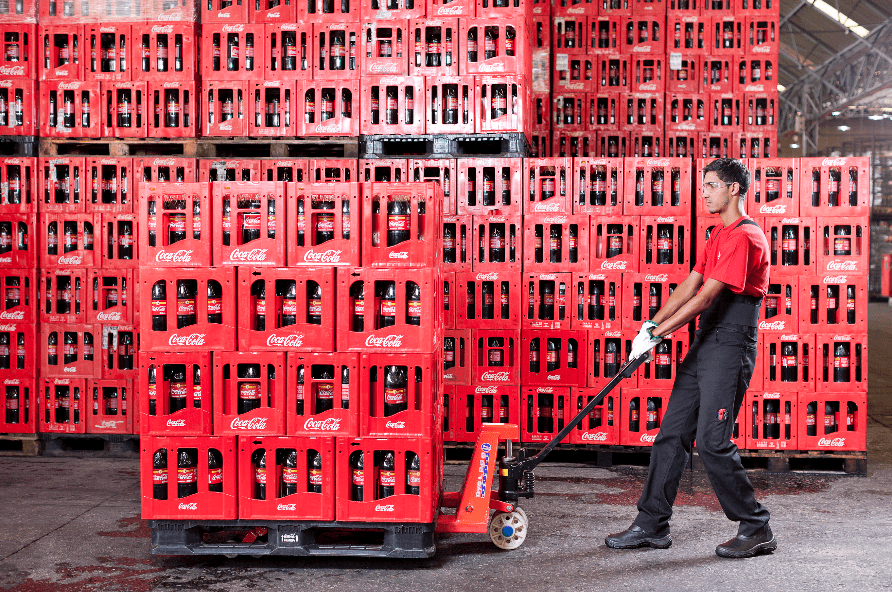Four states in Brazil set a tax on the sale of soft drinks to obtain funds related to poverty reduction programs.
According to Coca-Cola FEMSA, Brazil imposes an average production tax of approximately 4.1% and an average sales tax of approximately 11.8% on net sales.
Except for sales to wholesalers, sales and production taxes apply only to the first sale, and bottling companies are responsible for collecting and collecting such taxes from each of their retailers.
In the case of sales to wholesalers, the latter are empowered to recover the sales tax and collect this tax again on the resale of the products from the bottlers to retailers.
Poverty
The sale of soft drinks is taxed with a value added tax at a rate of 16.0% in the states of Paraná and Rio de Janeiro, 17.0% in the states of Goiás and Santa Catarina, 18.0% in the states of São Paulo and Minas Gerais and 20.0% in the states of Mato Grosso do Sul and Rio Grande do Sul.
Also the states of Rio de Janeiro, Goias, Minas Gerais and Paraná impose an additional tax of 2.0% on sales as a contribution to the fund for the eradication of poverty.
In Brazil, the value added tax is structured in the form of a pyramid and added with federal taxes, to the tax base.
Additionally, bottlers are responsible for collecting and collecting value added tax from each of their retailers in Brazil, based on the average prices to retailers for each state where they operate, defined mainly through a survey conducted by the government of each state, which in 2020 represented a tax of approximately 17.4% on net sales.
Litigation
The Brazilian federal production tax and the federal sales tax increased in 2018 and remained the same during 2019 and 2020.
In early 2017, the Supreme Court decided that the value added tax would not be used as the basis for calculating the federal sales tax resulting in a reduction of the federal sales tax.
The tax authority appealed the decision of the Supreme Court and the resolution of said appeal is still pending; However, during 2019 the subsidiaries of Coca-Cola Femsa in Brazil obtained a favorable resolution to the legal procedures that began in that same year to confirm the possibility of calculating the federal sales tax without using the value added tax as a basis. , in accordance with the decision of the Supreme Court.
![]()

